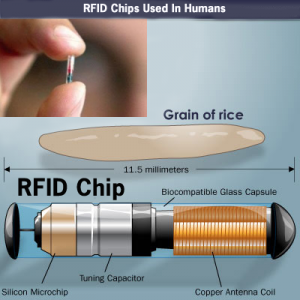
CHIPs: A Lifeline for Children’s Health Insurance
Introduction
The Children’s Health Insurance Program (CHIP) is a federally funded health insurance program that provides low-cost health coverage to children from families with incomes too high to qualify for Medicaid but too low to afford private health insurance. CHIP was created in 1997 as part of the Balanced Budget Act and has since been reauthorized several times, most recently in 2017.
CHIP is a critical safety net for children’s health. It provides coverage for a wide range of essential health services, including doctor visits, hospital stays, prescription drugs, and dental and vision care. CHIP also helps to ensure that children have access to preventive care, such as immunizations and screenings, which can help to prevent serious health problems down the road.
CHIP’s Impact on Children’s Health
CHIP has a significant impact on the health of children in the United States. Studies have shown that children who have CHIP coverage are more likely to have a regular source of care, receive preventive care, and get the treatment they need for illnesses and injuries. CHIP coverage has also been linked to improved health outcomes, such as lower rates of hospitalization and emergency room visits.
In addition to its direct impact on children’s health, CHIP also has a positive impact on families. CHIP coverage can help to reduce family medical expenses and free up money for other necessities, such as food and housing. CHIP also provides peace of mind to parents, knowing that their children have access to the health care they need.
CHIP’s Funding
CHIP is funded through a combination of federal and state funds. The federal government provides matching funds to states that choose to participate in CHIP. States have flexibility in how they design their CHIP programs, but all CHIP programs must meet certain federal requirements.
CHIP funding has been a source of debate in recent years. Some members of Congress have proposed cutting CHIP funding or eliminating the program altogether. However, CHIP enjoys strong bipartisan support, and Congress has consistently reauthorized the program.
CHIP and the Affordable Care Act
The Affordable Care Act (ACA) made significant changes to CHIP. The ACA expanded CHIP eligibility to children from families with incomes up to 250% of the federal poverty level. The ACA also provided additional funding for CHIP and made it easier for states to enroll children in the program.
The ACA’s changes to CHIP have helped to ensure that more children have access to affordable health coverage. However, the ACA’s future is uncertain. The Trump administration has taken steps to undermine the ACA, and Congress is considering legislation that would repeal the ACA. If the ACA is repealed, CHIP could lose funding and millions of children could lose their health coverage.
The Importance of CHIP
CHIP is a vital program that provides health coverage to millions of children. CHIP has a positive impact on children’s health and well-being, and it helps to reduce family medical expenses. CHIP is also a fiscally responsible program that saves the government money in the long run.
The future of CHIP is uncertain, but the program enjoys strong bipartisan support. Congress should continue to support CHIP and ensure that all children have access to affordable health coverage.
Conclusion
CHIP is a critical safety net for children’s health. It provides coverage for a wide range of essential health services, and it helps to ensure that children have access to preventive care. CHIP also has a positive impact on families, reducing medical expenses and freeing up money for other necessities.
The future of CHIP is uncertain, but the program enjoys strong bipartisan support. Congress should continue to support CHIP and ensure that all children have access to affordable health coverage.
